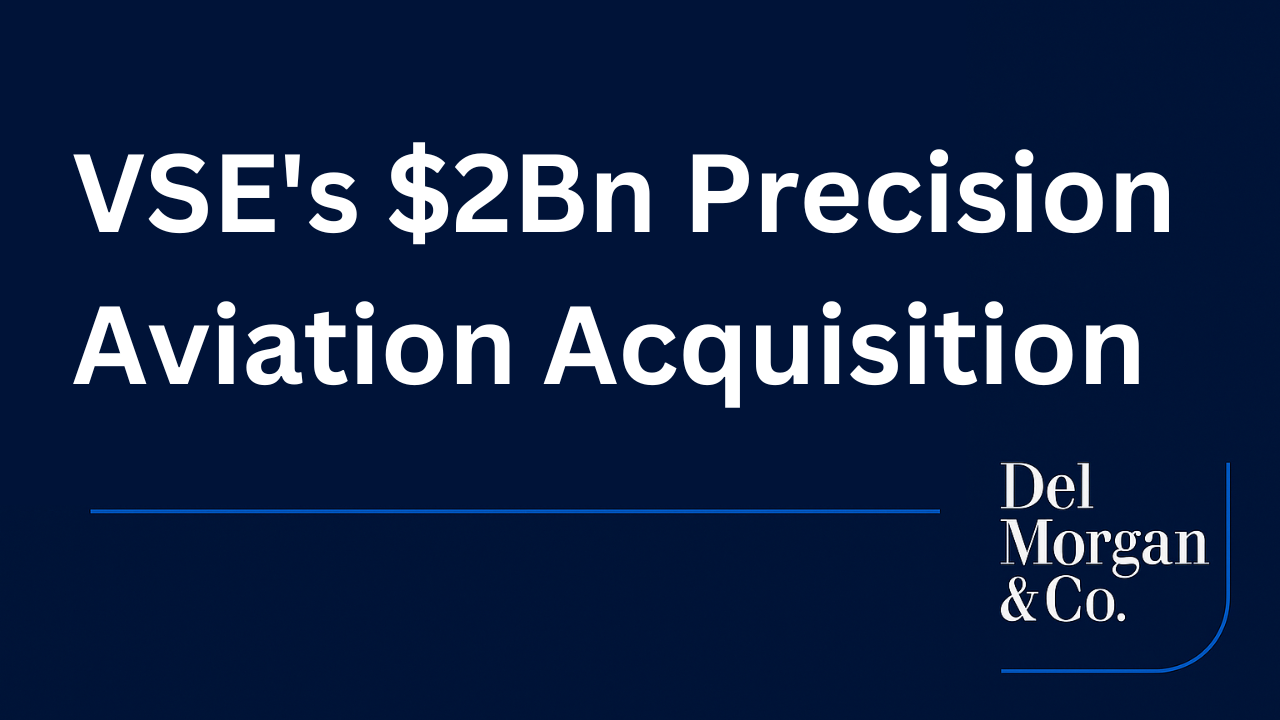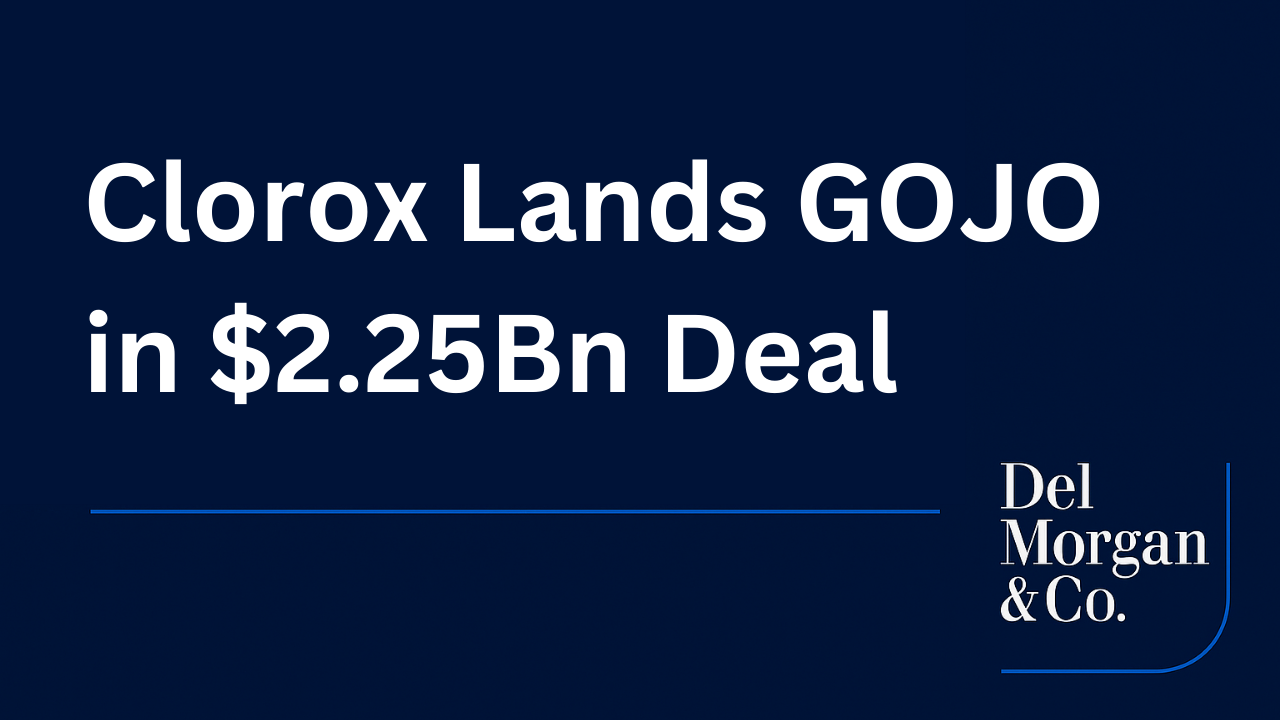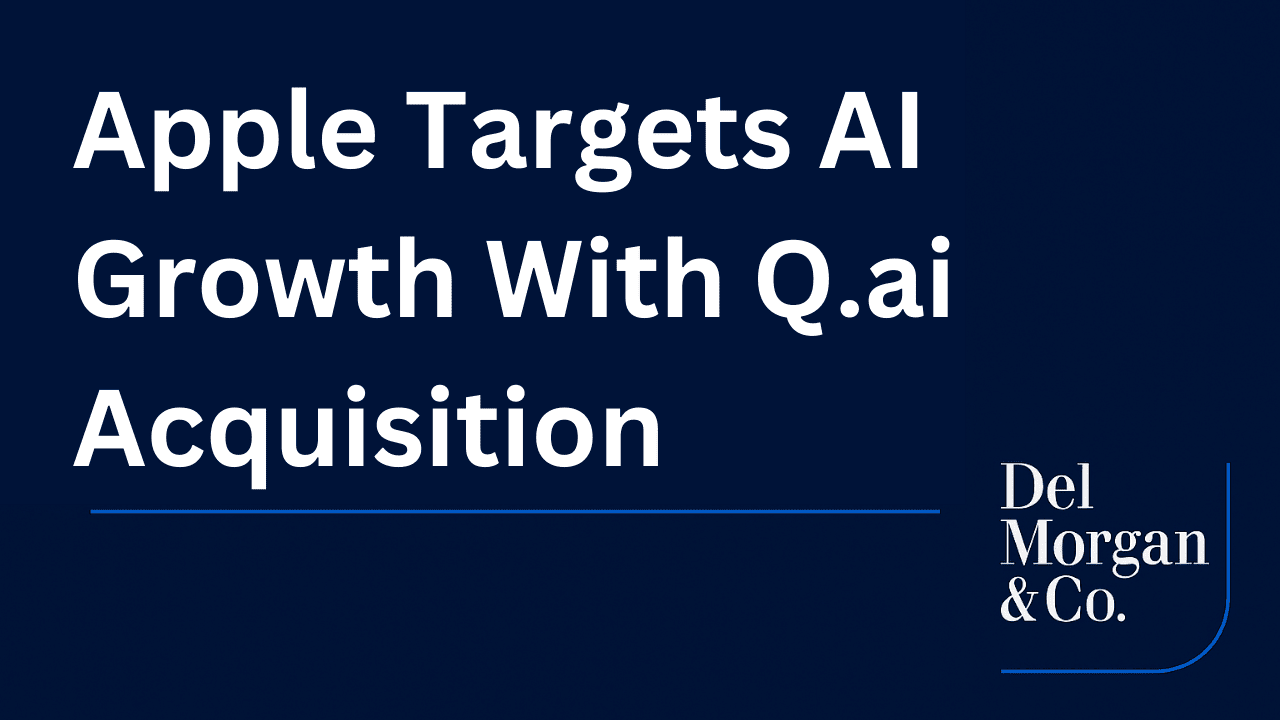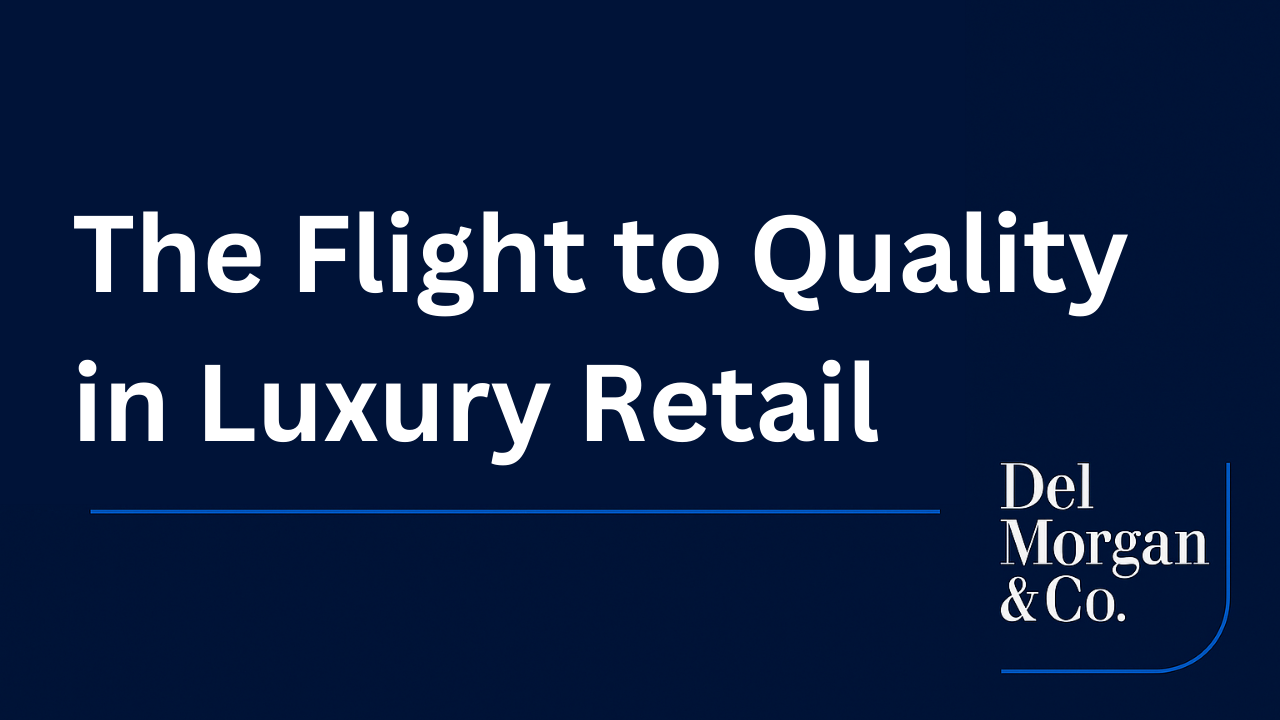Executive Summary
The agriculture sector is experiencing a profound transformation, propelled by supply chain disruptions, climate pressures, technological innovation and shifting consumer demands. As food security rises as a global imperative, institutional capital is increasingly targeting agribusinesses that combine resilience, scalability and data-driven efficiency. M&A activity is surging across precision farming, controlled environment agriculture (CEA), ag robotics and sustainable inputs, reflecting a strategic pivot toward technology-enabled and environmentally aligned assets. This analysis explores the financial and strategic forces driving this trend, identifies high-value acquisition targets and evaluates implications for investors repositioning portfolios around food, land and technology.
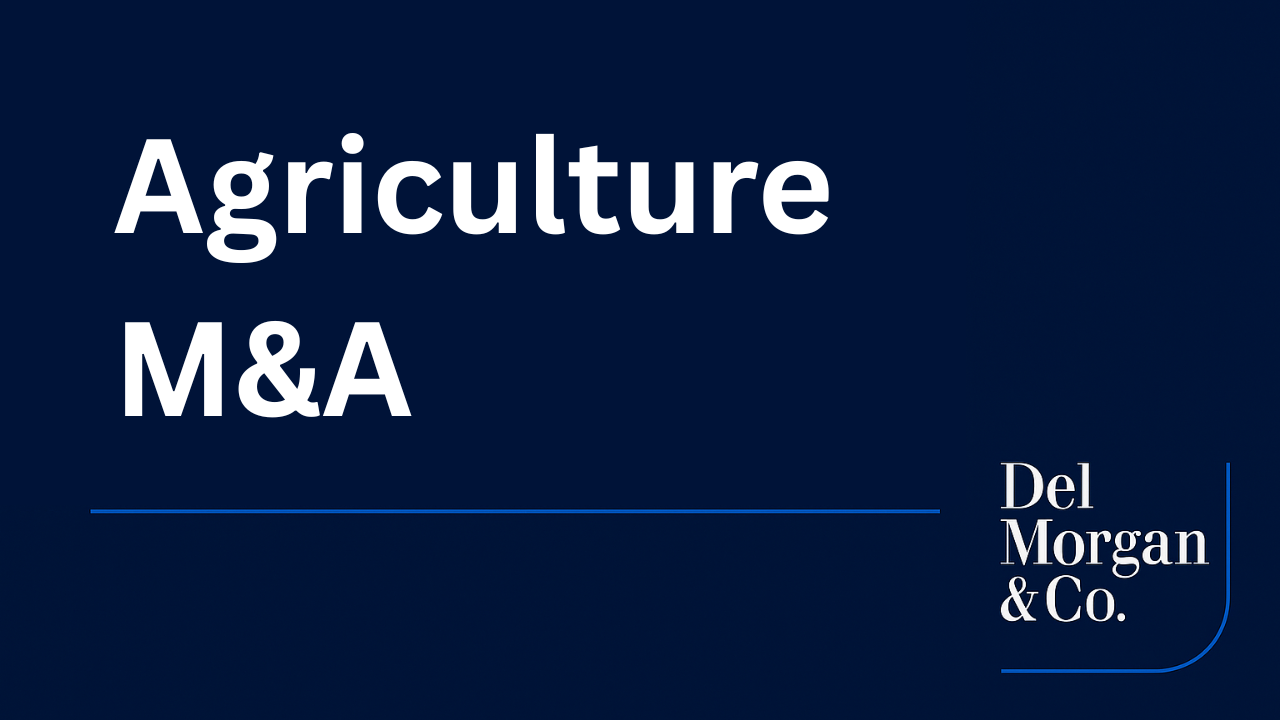
From Commodity to Strategic Asset
Agriculture, historically viewed as a commoditized, low-growth sector, is emerging as a critical arena for strategic investment. Structural forces – population growth, climate volatility, food nationalism and input scarcity – are elevating agriculture’s role as a competitive lever in global supply chains. Institutional investors, private equity firms and multinational conglomerates are prioritizing assets that integrate physical infrastructure with technological innovation, such as high-efficiency farming systems, advanced fertilizers, seed technologies and platforms leveraging robotics and machine learning for yield optimization.
M&A activity now extends beyond traditional farmland consolidation or input producers to a broader ecosystem, including vertical farming, aquaculture, soil diagnostics and carbon marketplaces. These assets are valued not only for growth potential but also for their ability to mitigate risks in an increasingly unstable global food economy.
Strategic Buyers: Securing Supply Chain Resilience
Geopolitical risks and food insecurity have elevated agriculture’s strategic importance for multinational corporations in food processing, logistics and retail. Acquirers are pursuing M&A to secure upstream assets, stabilize supply chains and enhance cost predictability. For instance, in 2025, a leading U.S. food manufacturer acquired a vertically integrated indoor farming operation focused on leafy greens and microgreens, strengthening its fresh produce sourcing in urban markets. Similarly, a global commodities trader took a minority stake in an AI-powered crop yield forecasting platform to enhance futures pricing and sourcing intelligence.
These transactions reflect a broader thesis: control over resilient, data-rich agricultural systems is a strategic hedge against droughts, export restrictions and price volatility. Acquirers are prioritizing assets that provide vertical integration, traceability and operational predictability to safeguard margins and supply continuity.
Private Equity: Capitalizing on Fragmentation
Private equity is accelerating investment in agriculture, focusing on tech-enabled service providers and midstream infrastructure. While farmland remains a long-term asset class, PE firms are targeting scalable, high-margin operators in AgTech and supply chain segments. Precision agriculture – encompassing GPS-guided machinery, smart irrigation and drone analytics – has seen robust consolidation, with acquisitions often commanding double-digit revenue multiples due to recurring revenue streams and hardware-software synergies.
Midstream assets, including storage, processing, logistics and distribution, are also prime targets. Grain elevators, cold chain networks and post-harvest processing facilities offer opportunities for platform roll-ups or bolt-on acquisitions. The sector’s fragmentation – characterized by family-owned, under-digitized and regionally focused businesses – presents a pipeline for professionalization, digitization and operational scaling, enhancing EBITDA and exit multiples.
Sustainability as a Valuation Driver
Climate and sustainability mandates are fundamentally reshaping agricultural asset valuations. Metrics such as water usage, fertilizer runoff, carbon intensity and biodiversity impact are now financial variables influencing pricing, debt terms and buyer interest. Sustainable agriculture assets – regenerative farming inputs, low-emission livestock systems and soil carbon tracking technologies – are commanding premium valuations as compliance tools for supply chains.
Recent deals illustrate this dynamic. A PE-backed roll-up of organic fertilizer and composting producers positioned the transaction as both a logistics play and a carbon reduction solution, appealing to ESG-focused investors. Similarly, agribusinesses with robust sustainability reporting are increasingly attractive to public strategics facing disclosure mandates. These assets also benefit from access to green debt, carbon markets and sustainability-linked financing, improving capital efficiency and post-acquisition returns.
Emerging Categories: CEA, Biologicals and Analytics
Controlled Environment Agriculture (CEA – including hydroponics, aeroponics and vertical farming – is gaining momentum as urbanization and climate uncertainty drive demand for stable, year-round production. CEA platforms are attractive to food distributors and institutional investors for their localized, supply chain-integrated models, overcoming earlier challenges of capital intensity.
Biologicals, such as microbial alternatives to chemical pesticides and fertilizers, are seeing increased M&A activity as regulatory and consumer pressures challenge traditional agrochemicals. Strategic buyers are targeting R&D pipelines and proprietary formulations to differentiate their product portfolios. Meanwhile, supply chain analytics platforms integrating satellite imagery, soil diagnostics and climate forecasting are drawing interest from agriculture majors and tech firms, enabling precision sourcing, reduced spoilage and adaptive pricing.
Risks and Valuation Dynamics
Agricultural M&A faces sector-specific risks. Commodity price cycles can obscure performance trends, while volatility in input costs – fuel, fertilizers and labor – impacts margin stability. Climate exposure and regulatory uncertainties, such as pesticide bans or land use restrictions, necessitate rigorous scenario-based diligence and geographic risk modeling.
Valuations are bifurcated: scalable AgTech and sustainable input companies often trade at 10-12x EBITDA, while traditional midstream or production assets fetch 5-8x, depending on geography and customer concentration. Data opacity, particularly in family-owned businesses, poses additional challenges, with many lacking standardized reporting or third-party quality-of-earnings reviews. Acquirers are increasingly engaging operational consultants and agronomy experts to validate capacity, efficiency and crop-specific claims during diligence.
Conclusion: A Sector at a Strategic Inflection Point
Agriculture has transcended its commodity roots to become a dynamic arena for innovation, value creation and geopolitical strategy. From AI-driven yield optimization to biologically engineered inputs and climate-resilient farming systems, the sector offers diverse entry points for investment. Strategic buyers are leveraging M&A to secure critical inputs, enhance vertical control and align with sustainability imperatives. Private equity sees opportunity in scaling fragmented, under-digitized businesses into integrated platforms.
As global food systems face persistent volatility, we expect that those controlling the infrastructure, intelligence and innovation behind agriculture will command strategic valuations. For investors and acquirers, the opportunity lies not only in capturing yield but in shaping the future of food security and supply chain resilience.
About DelMorgan & Co.
With over $300 billion of successful transactions in over 80 countries, DelMorgan’s Investment Banking professionals have worked on some of the most challenging, most rewarding and highest profile transactions in the U.S. and around the globe. In the upcoming year we expect more high-quality deal execution for more clients and welcome the opportunity to speak with companies interested in potentially selling their businesses or raising capital.
